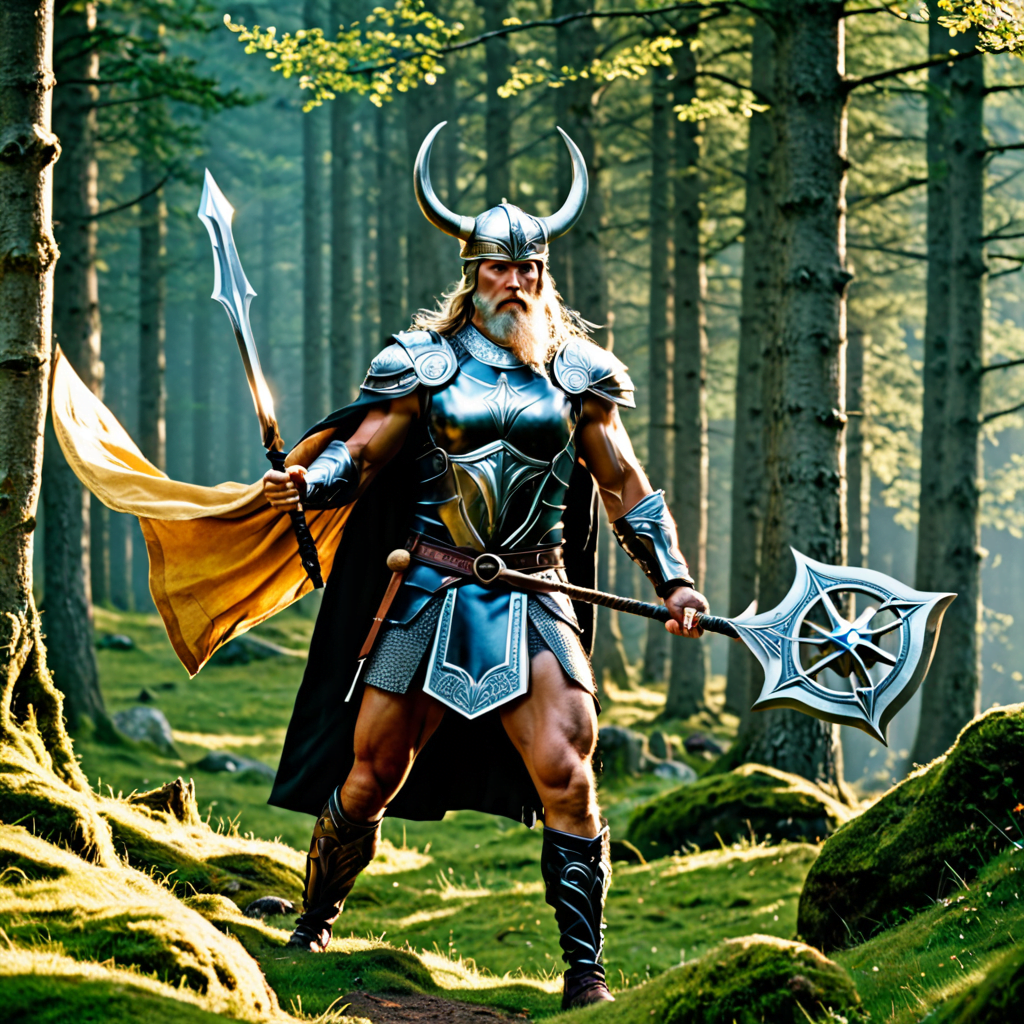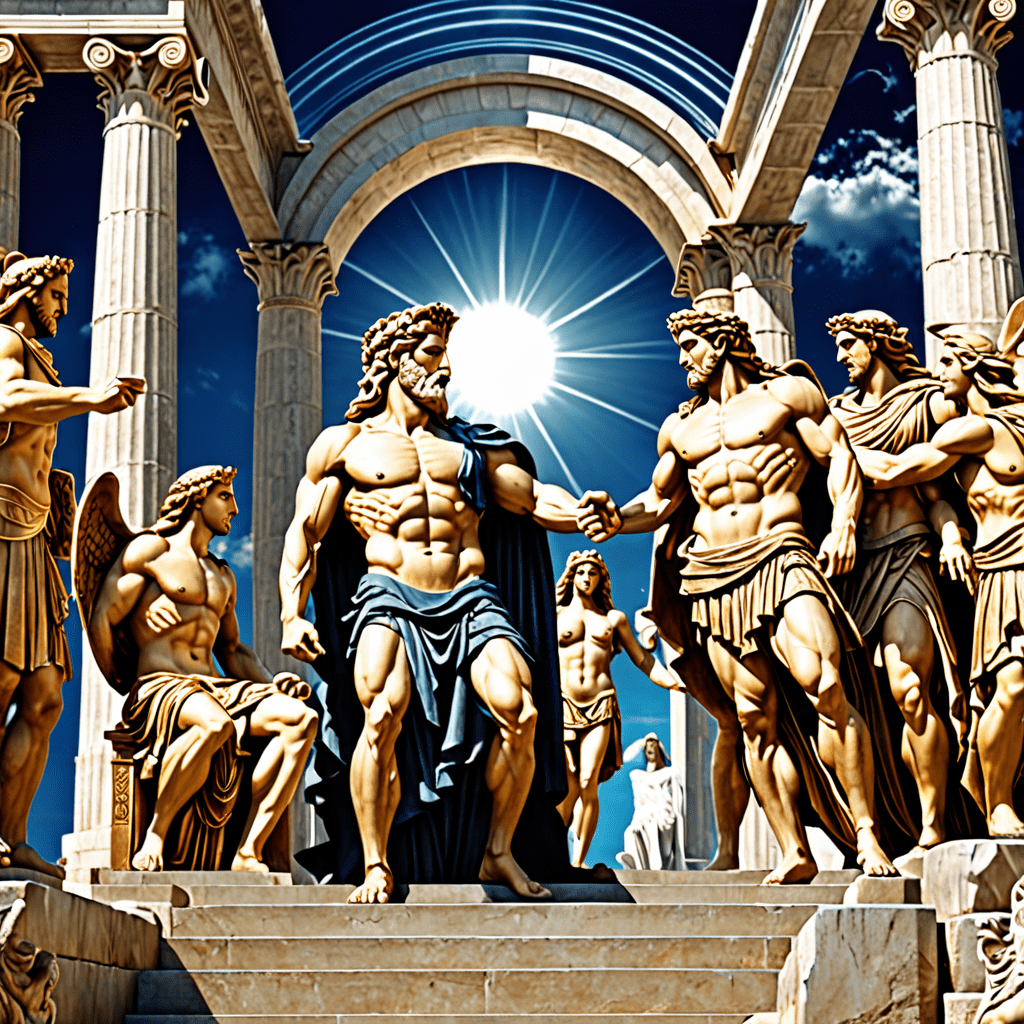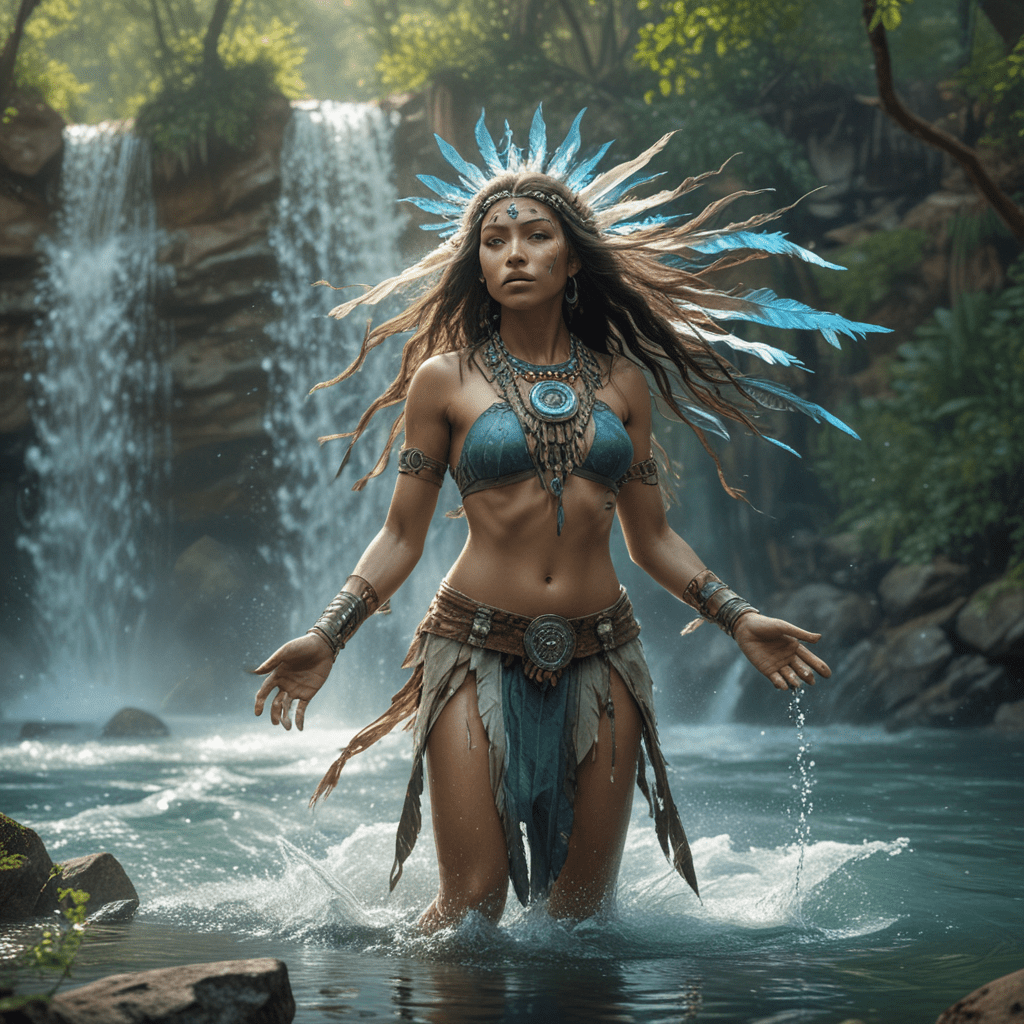The Legacy of Norse Mythology in Scandinavian Countries
Norse mythology, deeply rooted in the history and culture of Scandinavian countries like Denmark, Norway, and Sweden, continues to hold significant influence even in modern times.
Exploring the Origins of Norse Mythology
Norse mythology is a collection of beliefs and stories that were prevalent in the pre-Christian societies of the Nordic region. These myths revolve around gods, goddesses, mythical creatures, and heroes and were passed down orally through generations.
Key Figures in Norse Mythology
The Norse pantheon includes well-known figures such as Odin, the Allfather; Thor, the god of thunder; Loki, the trickster; and Freyja, the goddess of love and fertility. Each deity played a distinct role in shaping the mythology of the Scandinavian people.
The Influence of Norse Mythology Today
Despite the spread of Christianity in the region centuries ago, Norse mythology continues to leave its mark on Scandinavian culture. From place names to popular media depictions, elements of these ancient tales can still be found throughout the region.
Preserving the Rich Heritage
Efforts are being made in Scandinavian countries to preserve and celebrate the legacy of Norse mythology. Festivals, museums, and educational programs help to ensure that these stories are not forgotten and remain an integral part of the cultural identity of the region.
FAQs about The Legacy of Norse Mythology in Scandinavian Countries
What is Norse mythology?
Norse mythology refers to the collection of myths and legends that originated from the pre-Christian beliefs of the Scandinavian people, particularly in countries like Norway, Sweden, and Denmark. These stories involve powerful gods, mythical creatures, and epic tales of heroism.
How did Norse mythology influence Scandinavian culture?
Norse mythology has had a profound impact on Scandinavian culture, influencing art, literature, language, and even modern-day beliefs and traditions. Many Scandinavian holidays, symbols, and even the names of days of the week are derived from Norse mythology.
Why is Norse mythology still relevant today?
Despite being centuries old, Norse mythology continues to captivate people around the world due to its rich storytelling, complex characters, and enduring themes of valor, fate, and the struggle between good and evil. Its influence can still be seen in various aspects of popular culture.
What are some famous Norse myths?
Some of the most well-known Norse myths include the stories of Odin, the Allfather and king of the gods, Thor, the god of thunder, and Loki, the mischievous trickster. Other popular tales include the creation of the world, the end of the world (Ragnarok), and the epic adventures of legendary



